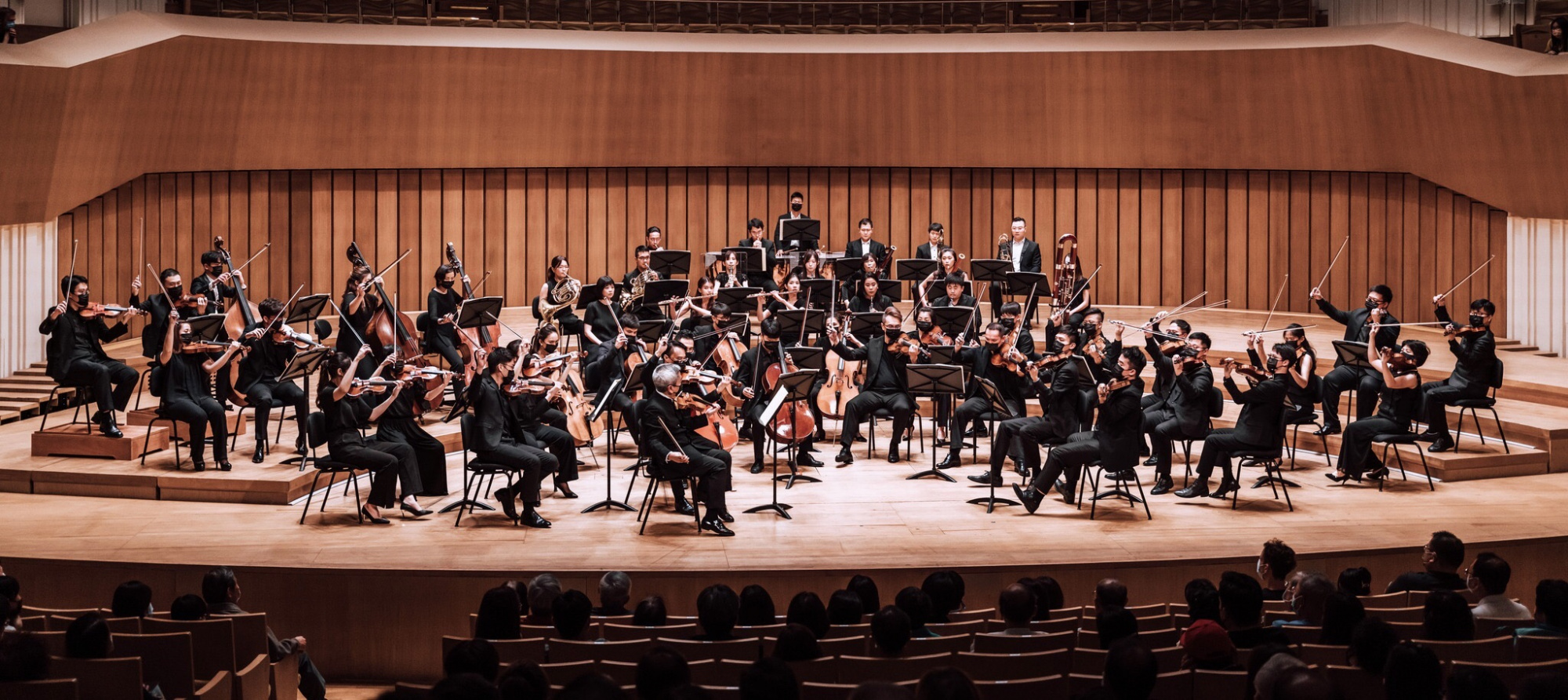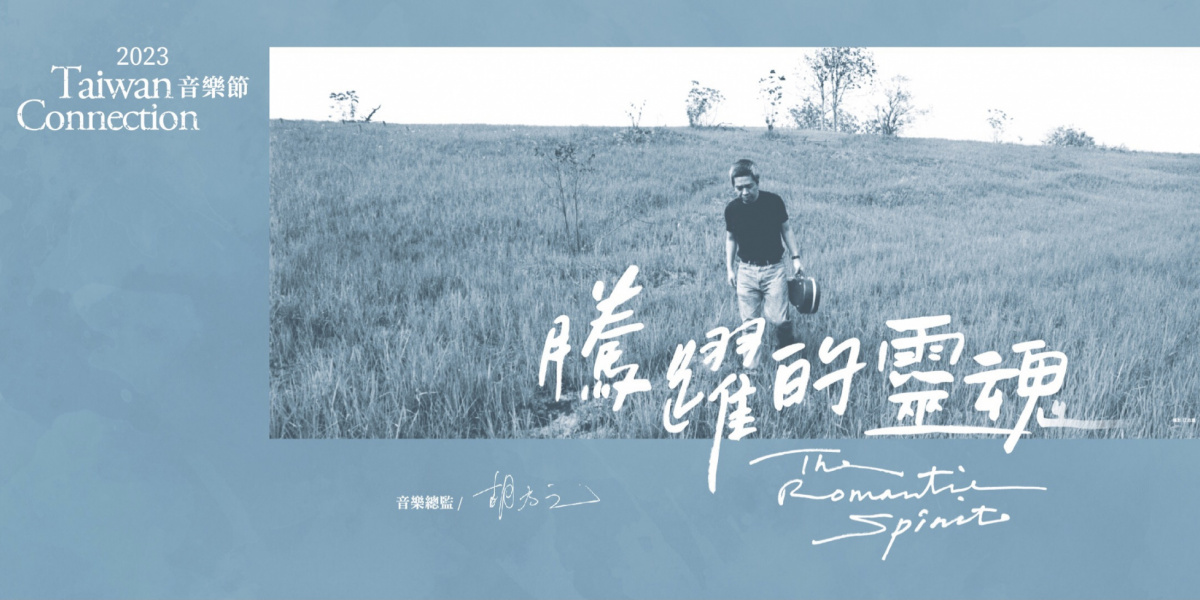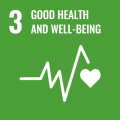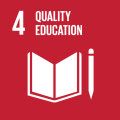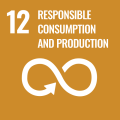2023 TC Music Festival: Immerse into the Captivating World of Classical Music
Nai-Yuan Hu, the Music Director of Taiwan Connection (TC), once shared a story. On one occasion, he borrowed a violin from a student temporarily. After returning it, the student was amazed and asked, "Teacher, why did my violin sound better?" Hu explained that playing the violin requires experimenting with the bow and finding the best contact point on the bridge. But it would be a great pity if one is unwilling to step out of their habitual way of playing. "Even with a famous violin, you need time to get to know it and discover its soul."
Hu said that the same principle applies to working with an orchestra. "We TC musicians collaborate to find the best sound."
The annual TC concert is about to take place at the end of August. Despite his busy international performance schedule and musical research, Hu selects and interprets repertoires for TC, invites international musicians, and returns to Taiwan for rehearsals, lectures, and small performances almost every year since 2004.
"This year, the environment is still challenging, but I hope everyone can temporarily escape from the chaotic real world when they come to the concert hall. Classical music can bring people such beauty, even if it is only for a short two hours. After leaving the concert hall this year, I hope people will experience a different kind of lasting aftertaste and fully feel the emotions the music brought to them."
Speaking about this year's repertoire, Hu appeared gentle and full of love for music. The 2023 TC Music Festival focuses on pieces from the Romantic period, particularly music revolving around Johannes Brahms and his era. Romantic period music is known for its beautiful melodies and rich emotions, often adapted into film soundtracks.
If Beethoven's music is filled with intense conflicts and struggles, ultimately triumphing over darkness, Brahms, on the other hand, gravitates towards nature and seeks reconciliation as an ending.
Brahms Symphony No. 3: Free but Happy
The essential idea of Symphony No. 3 is Brahms and his violinist friend Joseph Joachim's contemplation on life philosophy. Joachim adopted "Free but Lonely" as his life motto; it is believed that freedom comes at the cost of enduring solitude, yet only with freedom can one truly enjoy solitude. Brahms and Schumann even composed a sonata dedicated to Joachim with this theme. In response to Joachim's motto, Brahms chose "Free but Happy" as his answer and turned the German abbreviation into musical notes (frei aber froh, F-A-F) as the motif for this symphony. Although it is set in F major, the work begins with a conflict and chase between major and minor.
In particular, the melody of the third movement is lovely yet sorrowful and lonely. It starts with an elegant cello entrance, carrying a dreamlike quality and a poetic radiance. This melody has been repeatedly reinterpreted in musical history, including adapted in the film "Goodbye Again" based on Françoise Sagan's novel. The main theme is described as "sweet and bittersweet, desirable yet unattainable," and beautifully desperate. The alternating interplay between the cello and violin, repeated by different instruments, ultimately ends with a lingering silence in a vast white world.
Regarding the discussion of the third movement, there is another unique experience in Brahms's personal life.
"Brahms was a musician who highly valued personal privacy, to the extent that he would ask his close friends to burn the letters he wrote to them." However, he poured his profound emotions into his influential music. Brahms's four symphonies are his autobiographical account of his life, encompassing the burnt personal letters, notes, diaries, poems, and the significant impact that remained etched in his mind for years, all embedded within the melodies.
Wagner's "Siegfried Idyll": A birthday gift for Wagner's wife
"Siegfried Idyll" was Wagner's loving gift to his newlywed wife, Cosima Liszt, on her birthday. Cosima was the daughter of composer Franz Liszt, and in Wagner's fifty-sixth year, she gave birth to their son, whom they named Siegfried Wagner, the same name as Wagner's third opera in "The Ring Cycle." With joyous sentiments, Wagner composed this piece for Cosima and later named it "Siegfried Idyll."
Cosima's birthday coincided with Christmas Day, and on that morning at half-past seven, the music performed by an orchestra in the house could be heard from the long staircase outside Cosima's bedroom. Wagner had secretly arranged for the orchestra to arrive early, tuning their instruments quietly and arranging the seating on the stairs. Wagner personally conducted the performance. This world premiere awakened his wife on the first morning of her birthday, accompanied by music.
International Chamber Music Series:
Call of the Faraway Land: Dvorak: Old World Spirit Creating the Sound of the New Continent
An interesting coincidence is that Brahms composed Symphony No. 3 at fifty, and Dvorak was invited from Czech to serve as the director of the National Conservatory of Music in America at the same age. Dvorak arrived in the New World with the spirit of the ancient European lands and believed that African-American spirituals and Native American Indigenous music represented the sound of the new continent. Therefore, he composed his famous "New World" Symphony, "American" String Quartet, and the Piano Quintet to be performed in this concert. Although these compositions were written for the American continent, one can still feel a strong nostalgia within the melodies. "Thus, some say that these works from that period are not only the 'New World' but also 'from his old world.'"
Elgar's 1918 Elgar: Piano Quintet in A minor, Op. 84: The Ghost Story of 1918
Edward William Elgar's A Minor Piano Quintet was born in 1918, just after the end of World War I and the outbreak of the Spanish flu. According to the World Health Organization (WHO) and the Centers for Disease Control and Prevention (CDC) data, the Spanish flu caused 40 to 50 million deaths worldwide between 1918 and 1920. Many scientists and historians believe that the virus infected about one-third of the global population (approximately 1.8 billion people).
Elgar composed his final four masterpieces during the end and aftermath of the war, and one of them is the Piano Quintet, which will be performed in this concert. Elgar's works from this period turned inward and became melancholic. Hu stated that despite later interpretations of his music being associated with cults or dark forces, delving into the desolation and darkness within Elgar's compositions perhaps comes from the emotions tied to bidding farewell to the irretrievable old world. Europe experienced empire collapse after World War I, while the United States and Japan saw their national power rise. In his music, Elgar expressed a profound lament for the irreversible disintegration of the old world.
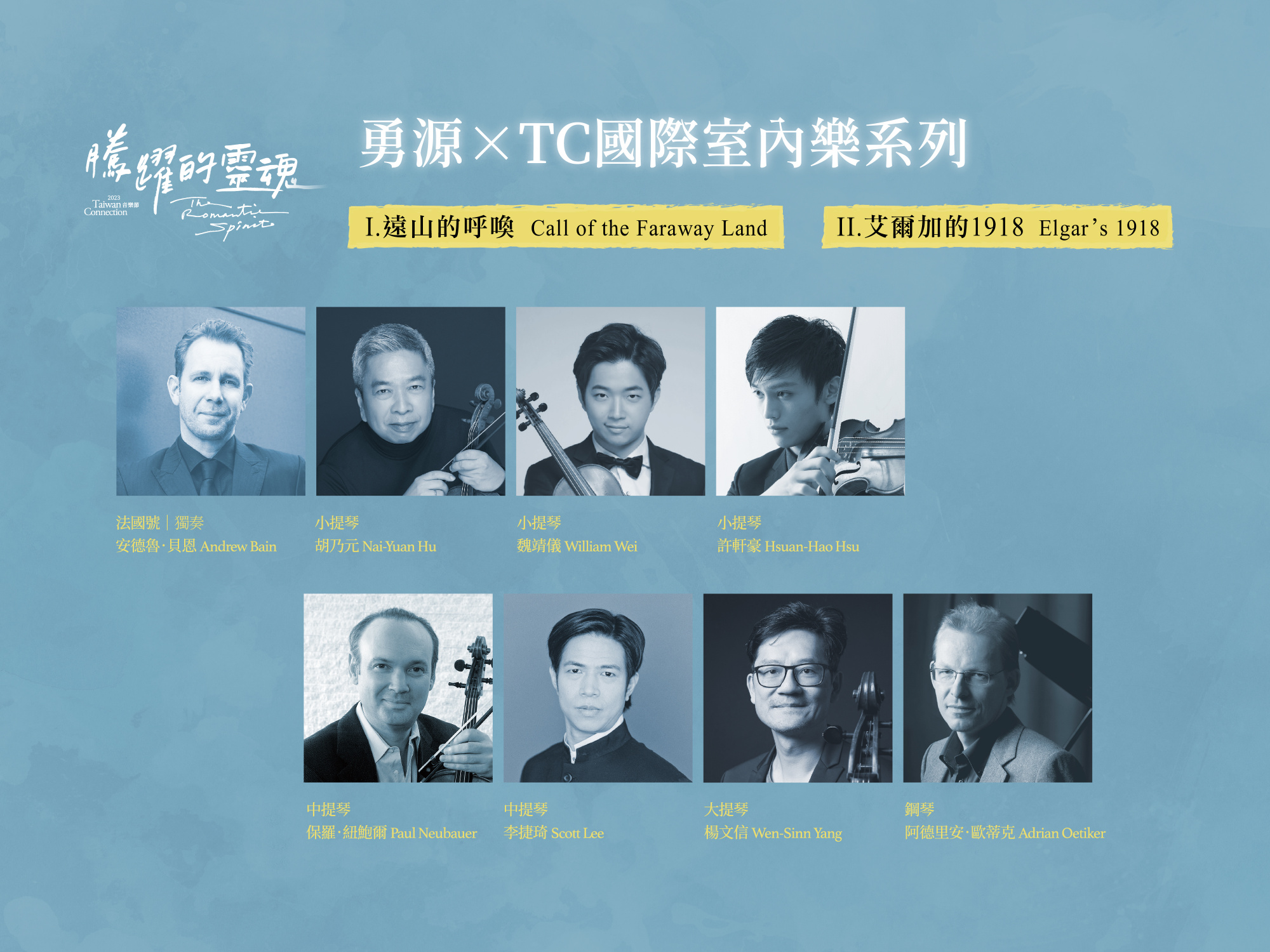
Renowned Local and International Musicians Gather Together, Never Forgetting their Initial Passion for Music
This year's chamber music performance also invites outstanding musicians from both domestic and international scenes, including the esteemed master musician Paul Neubauer, praised by The New York Times, and Andrew Bain, the current principal horn of the Los Angeles Philharmonic, performing Richard Strauss's French Horn Concerto. "Cellist Wen-Sinn Yang and pianist Adrian Oetiker, whom I collaborated with during my performance in Germany in October 2022, have also been invited to perform in Taiwan this year." Violist Scott Lee and violinist William Wei, who have had a long-standing collaboration with TC, are also invited to perform this year.
Due to the impact of the pandemic, Taiwan, which has been less affected, has seen many young musicians abroad returning to Taiwan. Besides performing in concert halls, some have formed groups and performed in rural areas. As a result, the proportion of young musicians in the TC Orchestra has been higher than before two years. Hsuan-Hao Hsu, a violinist who joined TC for the first time last year, graduated from the National Taiwan Normal University Affiliated Senior High School's music program and later enrolled in The Curtis Institute of Music in the United States. Since 2010, he has held personal concerts in Taiwan almost every year, demonstrating his excellent repertoire selection and music interpretation ability.
He describes the soloist as someone who shines on the stage. Still, he prefers the collaborative nature of chamber music, where musicians work together to create beautiful music, especially the feeling of immersing with the audience nearby. He is deeply impressed by the dedication of the musicians in TC. "We gather four or five friends abroad to play chamber music and perform everywhere. It is incredible that TC, with a scale of about fifty musicians, can also achieve the spirit of chamber music. Especially when some members perform improvisations, the other members immediately respond. That moment is delightful for musicians!"
Hsuan-Hao Hsu describes Brahms, this year's featured composer, as a "deeply conflicted perfectionist." This tendency to overthink is why many young musicians appreciate his works. Hsu looks forward to interpreting Brahms's third movement with the other musicians.
The key to TC's ability to enjoy music lies in "trusting oneself and trusting the fellow musicians on stage." Whether they have been in professional orchestras for many years or hold master-level status, the musicians in TC "never forget their initial love for classical music." This is the most touching aspect that Hsuan-Hao Hsu has experienced in TC. (Interview and article by Huiling Huang.)
2023 TC Music Festival
▍ Chamber Orchestra Tour
Miaoli 8/25, Kaohsiung 8/26, Taipei 8/27
- Wagner: "Siegfried Idyll"
- Richard Strauss: Horn Concerto No. 1 in E-flat major
- Brahms: Symphony No. 3
▍ Yongyuan x International Chamber Music Series I - The Call of the Faraway Land
Kaohsiung 9/2, Taipei 9/7, Taichung 9/9
Taitung 9/3 (Taitung Arts Festival)
- Beethoven: Duet in E-flat Major for Viola and Cello, WoO 32 (With Two Eyeglasses Obbligato)
- Brahms: Trio in E-flat Major for Violin, Horn and Piano, Op. 40
- Dvorak: String Quintet in E-flat Major, Op. 97
▍Yongyuan x International Chamber Music Series II - Elgar's 1918
Taipei 9/8, Taichung 9/10
- Mozart: Quintet for Horn and Strings in E-flat major, K. 407
- Kodály: Serenade for Two Violins and Viola, Op. 12
- Elgar: Piano Quintet in A minor, Op. 84
◉ Wonderland Group x TC Lecture Concert | Free Admission, RSVP required
Taipei 8/16, Taichung 8/20
- "The Code of Brahms"
- Junyi School of Innovation 9/4
- "The Folk Music of Hungary"
◉ TC Master Classes | Participation details announced on the TC official website
Violin 8/18 in Kaohsiung
- Instructor: Nai-Yuan Hu
Horn 9/1 in Kaohsiung
- Instructor: Andrew Bain
Cello 9/4 in Junyi School of Innovation
- Instructor: Wen-Sinn Yang
Chamber Music 9/6 in Taipei
- Instructors: Nai-Yuan Hu and a group of international musicians
------
For ticket purchases, other discounts, event registration, and more information about musicians and repertoire, please visit the official website of the 2023 TC Music Festival.
